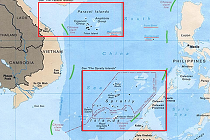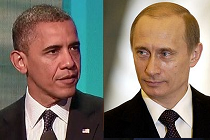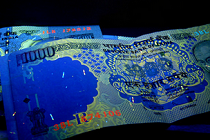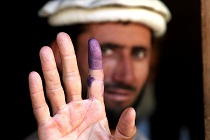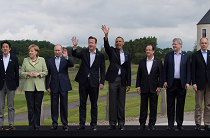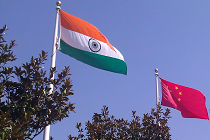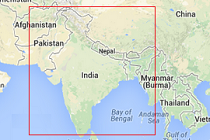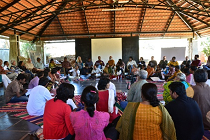South China Sea: a new war brewing
China is reportedly taking advantage of the situation in Ukraine to further its claims in the South China Sea. Its aggressive stance has pushed the Philippines to approach The Hague for arbitration. There are concerns that the tensions could lead to a breakdown of trade routes in the Western Pacific

